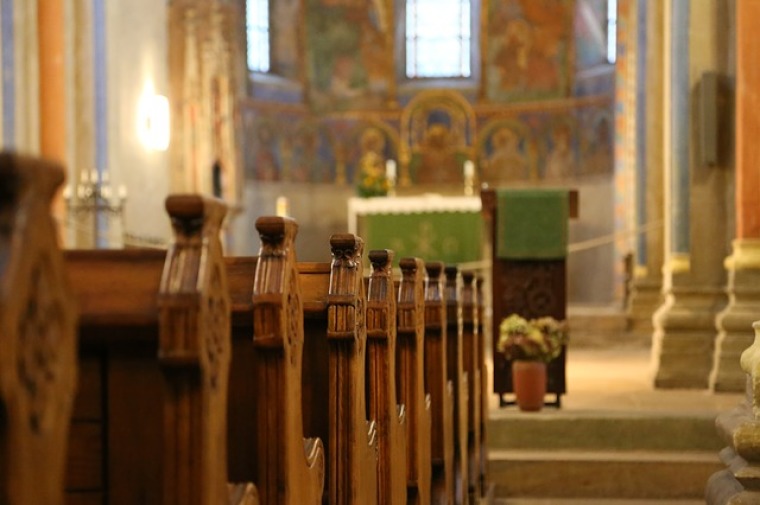

Churchgoers are reluctant to invite non-Christian friends or family to join them in the pews because they are "paralysed" by fear of rejection or damaging a relationship.
New research shows that fear of losing friends prevents many from asking the question: "Would you like to come to our service on Sunday?"
The research comes as the Church of England has launched a series of reports designed to boost church attendance. Clergy will be scouted for talent and sent on management training schemes as the two Archbishops of Canterbury and York attempt to foster a culture of going for growth rather than that of managing decline that has characterised the past few decades. Many of the reports will be debated at the next General Synod in London in February.
However, the latest findings from Christian Research suggest that, while good leaders are important, the problems may go deeper.
Early findings of the project, completed by 1,153 members of Christian Research's Resonate panel and unveiled at Cranmer Hall, Durham this week showed that more than half had a deep-seated reluctance or resistance to inviting people to church.
Researcher Michael Harvey, who pioneered Back to Church Sunday and runs seminars on how to build a culture of "invitation", said: "What we have discovered so far is that sublimated fears, perhaps related to previous rejections, are projected onto the church, with would-be inviters seeing it as unattractive, not fit for purpose and unwelcoming."
He told the conference that Christians experienced "paralysing anxiety" at the thought of rejection by friends if they invited them to church. Many Christians did not recognise the Gospel imperative to "go to the people of all nations and make them my disciples."
He said: "Perfectionism is riven through the church and this cannot be right. The Bible says where two or three are gathered in my name, I will be present. It does not say where two or three are gathered in my name, doing it perfectly well, I will be present. The church is never going to be perfect."
He described some of what was taking place as "projection", a theory in psychology where people defend themselves against unpleasant impulses by denying their existence in themselves and attributing them to others.
"We can see the same in the Garden of Eden. Adam explained his sin to God by saying, 'The woman tempted me.' Eve ascribed the situation to the serpent. Just as Adam and Eve we don't know that we are afraid.
"The respondents imply that they are waiting for the perfect moment, or the right time to invite. They are waiting for an initiative that might work so they can stick their heads above the parapet and invite someone. If we keep waiting nothing can go wrong. The name of the game is safety and not the risk of faith. The Apostle Paul warned about timidity. For the Spirit God gave us does not make us timid, but gives us power, love and self-discipline."
He said there was growing hostility towards Christianity and the Church has "no muscle in the area of invitation and God conversations" because it had little experience of actually doing it. However, he also believed the Church could change and adapt.
Dr Michael Volland, tutor in mission at Cranmer Hall, said: "Too often our missional effort is on the invited person but we need also to focus on the inviter. This research is already having an impact in both congregational ministry and fresh expressions of church."